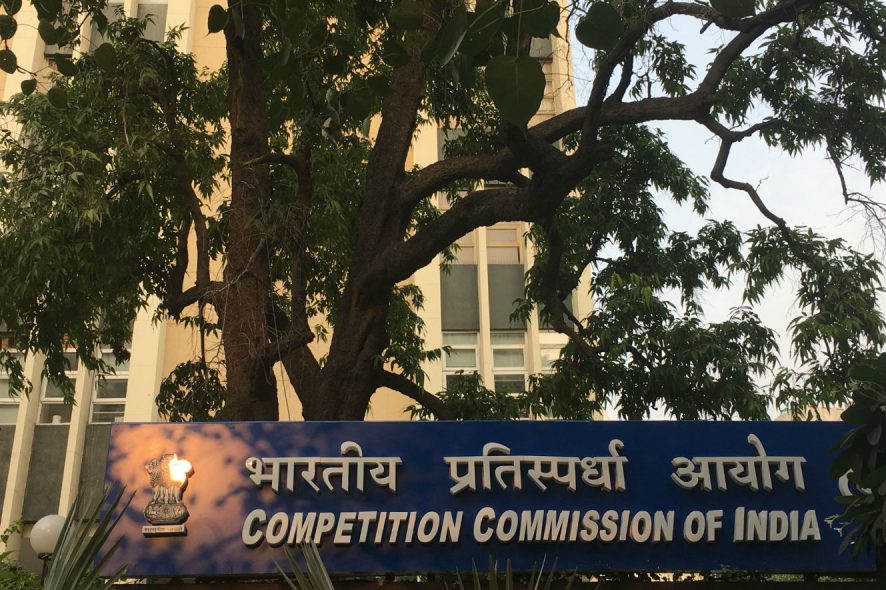Competition Commission of India: Even after long efforts made by the Competition Commission of India (“CCI”), it seems that the industry and people do not understand the ambit of competition law in India. The latest two orders by the CCI under section 26(2) of the Competition Act, 2002 supports that not even the laymen but the industrialists and professionals are under the impression that CCI is a forum to redress their grievances which are ordinarily addressed by writ courts. They are filing information before the CCI for alleged abuse of dominant position by the state’s instrumentalities, the executive departments. The informant in recent case no. 65 of 2015 was aggrieved by the Kerala Panchayat Buildings Rules, 2011(KPBR) formulated by Local Self Government Department of Kerala and in case no. 69 of 2015 the informant was aggrieved by the issuing notices by Maharashtra’s Department of Sale Tax/ Professional tax for registration and payment of tax under the Professional Tax Act, 1975 and filing FIR on failing to do so respectively.
In the first case, the Informant was primarily aggrieved by the Rule 115 of KPBR 2011, which is stated to have specifically excluded graduate engineers from the practice of drawings and issuance of “structural stability certificate” in case of high-rise buildings and restricted it for postgraduate engineers and government college teachers only. The CCI closed this case prima facie noting that government department/ statutory authority are bestowed with administrative powers under law to formulate and implement developmental work at grass-root level. Thus, the question of abuse does not arise.
In the second case no. 69 of 2015, where the informants were aggrieved by the issuance of notice, filing of FIR and charges sheet against them for alleged violation of the Maharashtra State Tax on Professions, Trades, Callings and Employments Act, 1975. It must be noted that Informants have made an unsuccessful attempt to get anticipatory bail against the said FIR from the Hon’ble High Court and the Supreme Court of India. They also alleged abuse of dominance by Juhu Police for filing charge sheet before the Metropolitan Magistrate. The CCI closed this case too at primary stage. CCI observed that Tax Department of Government of Maharashtra is not an “enterprise” under S. 2(h) of the Competition Act as it is merely carrying out the sovereign function of the Government and as such is not engaged in any economic activity to be covered within the definition of an “enterprise”, given the facts of the present case. Article 276 of the Constitution of India, which deals with ‘taxes on professions, trades, callings and employments’ wherein State Governments have given power to legislate for taxes in respect of professions, trades, callings or employment for the benefit of the State. It observed that it is not germane to go into the grievances of the Informant arising out of lodging of FIR, subsequent filing of charge sheet and other related issues as these do not involve any question having a bearing on competition in the market and appropriate forum exists for the redressal of these issues.
Such information and information related to consumers related issues filed before the Commission are res ipsa loquitur of poor understanding of competition law among the masses and the markets. The Commission is indeed in need of spreading its advocacy and awareness programmes at ground level and at every corner of the industry. [In Re Graduates Association of Civil Engineers and The Principal Secretary, Local Self-government, [2015] CCI 32, decided on 09.09.2015 AND In Re Taj Pharmaceuticals Ltd and Department of Sale Tax/ Professional Tax, [2015] CCI 35, decided on 29.09.2015]







